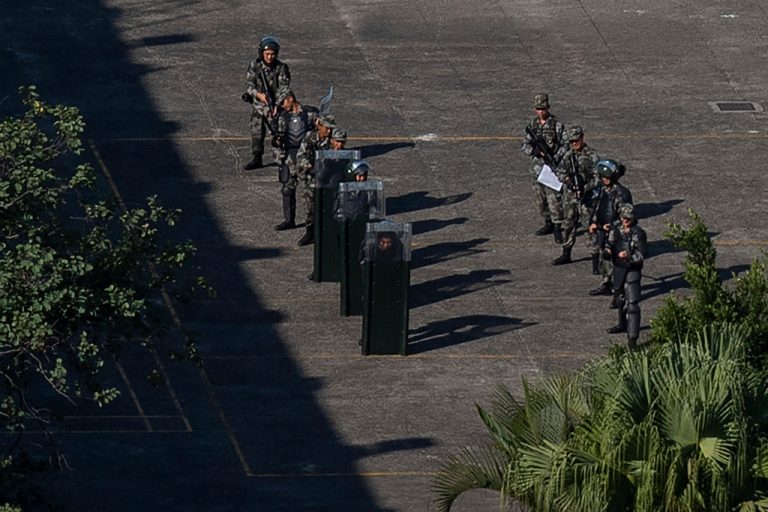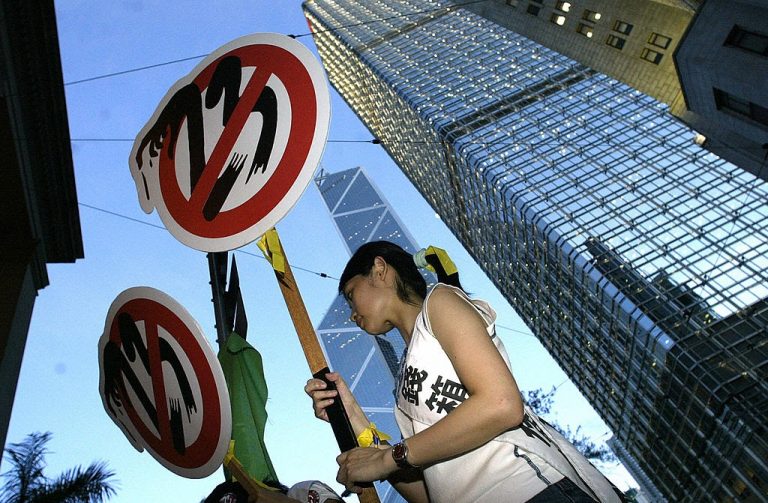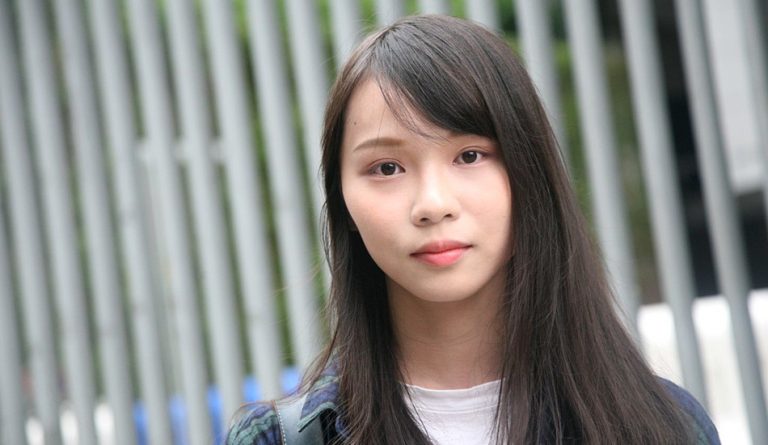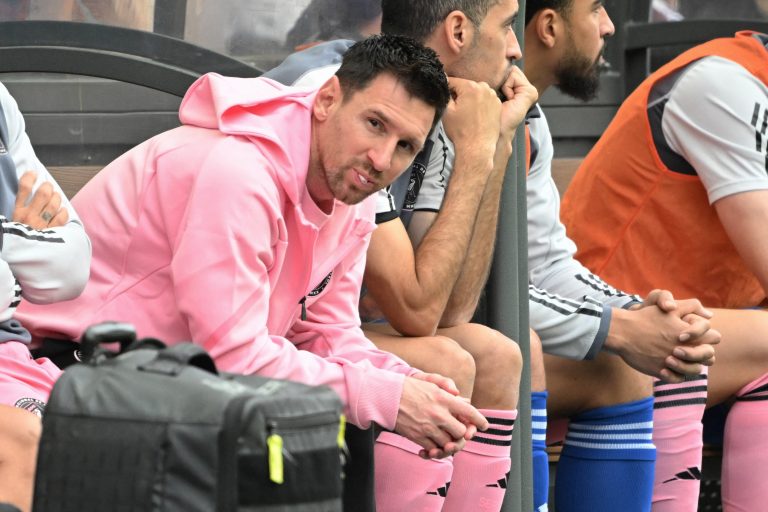The Chinese Communist Party (CCP) has been tightening its hold on Hong Kong for the past few years, slowly erasing the city’s democratic values and integrating it with the mainland’s authoritarian system. According to the latest reports, Beijing is sending in a new general to lead the CCP’s People’s Liberation Army (PLA) forces in Hong Kong.
The general, Peng Jingtang, has led anti-terrorism efforts in the Xinjiang region where over 1 million Uyghurs are said to have been sent to concentration camps. Peng was the chief of staff of the Xinjiang Armed Police Corps, a CCP paramilitary force.
Three years ago, a new special forces group called the Mountain Eagle Commando was deployed in Xinjiang to counter what the regime claims to be terrorism in the region. Peng was its leader. At the time, Peng had said that “every single bullet of ours is aiming at the battlefield.” In its training sessions, the Mountain Eagle unit spent three times the ammunition than other units normally used.
On Jan. 10, Peng met with Hong Kong Chief Executive Carrie Lam who assured him of the administration’s cooperation. Peng pledged to perform his duties “in accordance with the law” and promised to uphold the “one country, two systems” framework.
In an interview with state-backed broadcaster CCTV, Peng said he would follow the command of the CCP and work with all members of the PLA in Hong Kong. His appointment was signed by leader Xi Jinping who is also the PLA commander.
Success
You are now signed up for our newsletter
Success
Check your email to complete sign up
While taking up his new Hong Kong post, Peng will be replacing Chen Daoxiang who has reached retirement age. It was under Chen’s leadership that the PLA’s presence in Hong Kong became more visible.
During the 2019 pro-democracy protests, the military held up frequent drills as well as ‘anti-terrorism operations.’ CCP leaders have often called Hong Kong’s democratic protests “local terrorism,” similar to the terms used in Xinjiang.
Ever since the CCP imposed its National Security Law on Hong Kong in June 2020, the city’s pro-Beijing government has severely cracked down on pro-democracy and free speech activists, accusing them of subversion, colluding with foreign forces, and terrorist activities. According to a Bloomberg report, as of Dec. 2021, 29 people had been arrested under “terrorism-related allegations” since the passage of the law.
“There are concerns about how the national security law will affect Hong Kong’s status as a financial hub and international business and banking destination… And by officials playing up the threat of terrorism, it will impact business’s political risk assessments of the territory and their ability to do business,” Lydia Khalil, a research fellow specializing on terrorism at the Lowy Institute, told Bloomberg.
Independent media outlets have been under heavy pressure over the last few years, and many have closed down. In the past two months, outlets like Citizen News and Stand News have shut down.
Some former editors of Stand News were charged with crimes of sedition. The United Nations has taken note of the situation in Hong Kong. Its rights office said that it was “alarmed by the continued crackdown on civic space” in the city.
“Hong Kong … is bound by the International Covenant on Civil and Political Rights and has a legal obligation to respect the rights to freedom of information, expression, and association, as well as to guarantee due process… We are witnessing an extremely rapid closing of the civic space and outlets for Hong Kong’s civil society to speak and express themselves freely,” the office stated.













